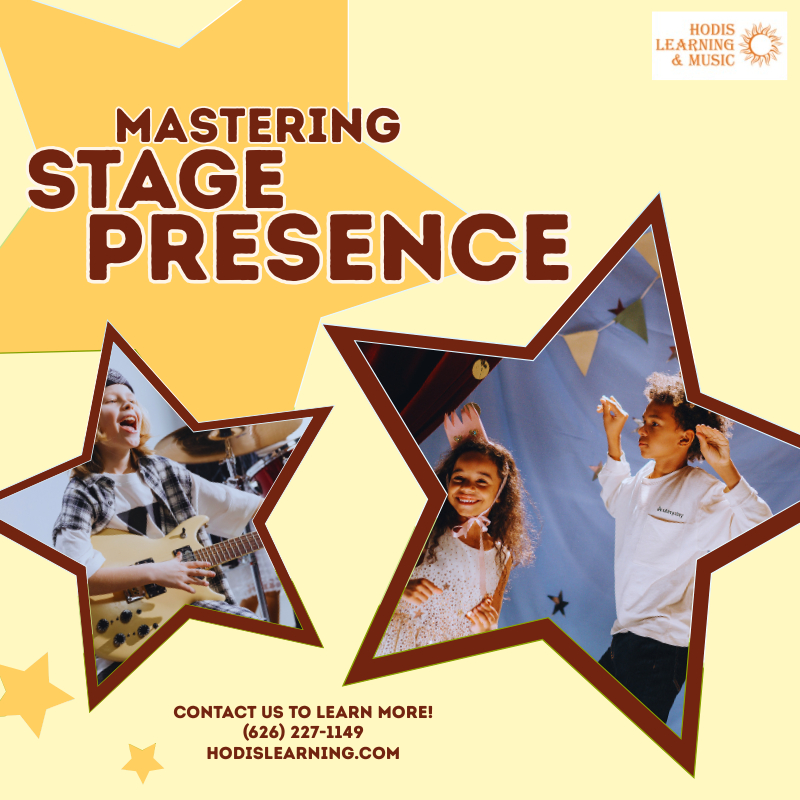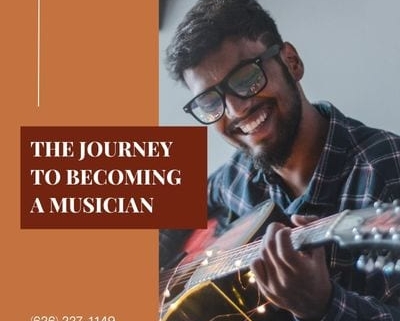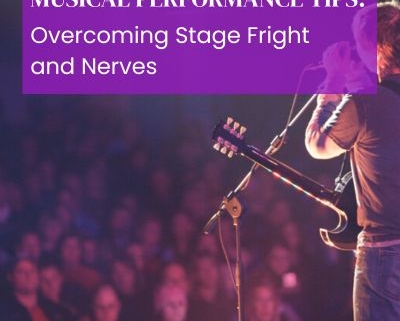Whether you’re stepping onto the stage for a school recital or a professional performance, stage presence matters.
Let’s explore what stage presence really means, and discover practical tips on how performers of all ages and skill levels can build confidence, engage an audience, and conquer nerves.
What Is Stage Presence?
Stage presence is the energy, confidence, and charisma a performer brings to the stage. It’s how you connect with your audience, command attention, and bring your performance to life. Great stage presence doesn’t mean you’re the loudest person in the room. It means you’re present, engaged, and authentic.
Managing Stage Fright
Even the most experienced performers can feel nervous before stepping on stage. The key is learning how to work with your nerves instead of against them. Here are a few tips:
Breathe with Intention: Before going on stage, try this simple breathing technique: inhale for 4 counts, hold for 4, exhale for 4, and pause for 4. This can calm you and help you focus.
Visualize Success: Picture yourself performing with confidence. Imagine yourself nailing every note and the feeling of the crowd cheering you on! Visualization can help rewire your brain to expect positive outcomes instead of fearing mistakes.
Rehearse Under Pressure: Simulate performance conditions during practice. Invite friends or family to watch, or record yourself. The more familiar you are with being “watched,” the less daunting it feels.
Reframe the Fear: Instead of thinking, “I’m so nervous,” try saying, “I’m excited!” Your body doesn’t know the difference, and your brain will start to believe it.
Engage with the Audience
- Make Eye Contact: Look at individuals in the audience (or just above their heads if you’re too nervous). This creates a sense of connection that your audience will feel.
- Use Body Language: Stand tall, gesture with purpose, and be expressive. The way you move tells a story just as much as your words or notes do.
- Be Present, Not Perfect: Audiences respond to authenticity more than perfection. If something goes wrong, smile and keep going.
- Respond to Energy: Pay attention to your audience’s energy and feed off it. A nod, a smile, or applause are all cues that they’re with you.
Performance Techniques to Boost Presence
Want to truly command the stage? Try incorporating these techniques into your practice routine:
Practice with Purpose: Don’t just repeat your lines or music; rehearse how you perform them. Think about what emotion you want to convey.
Use the Space: If you’re not seated at an instrument, consider incorporating subtle movement, like walking, turning. Using different areas of the stage can add interest to your performance.
Vocal Variety & Projection: For speakers and actors, your voice is your instrument. Vary your tone, pace, and volume to hold attention and express emotion clearly.
Rehearse Transitions: Strong performers know how to flow from one moment to the next with grace and confidence.
How Hodis Learning and Music Can Help
Our expert music educators can help you master your instrument and practice your pieces so you can command the stage and perform with confidence. Call or email us today to learn more about music lessons.



